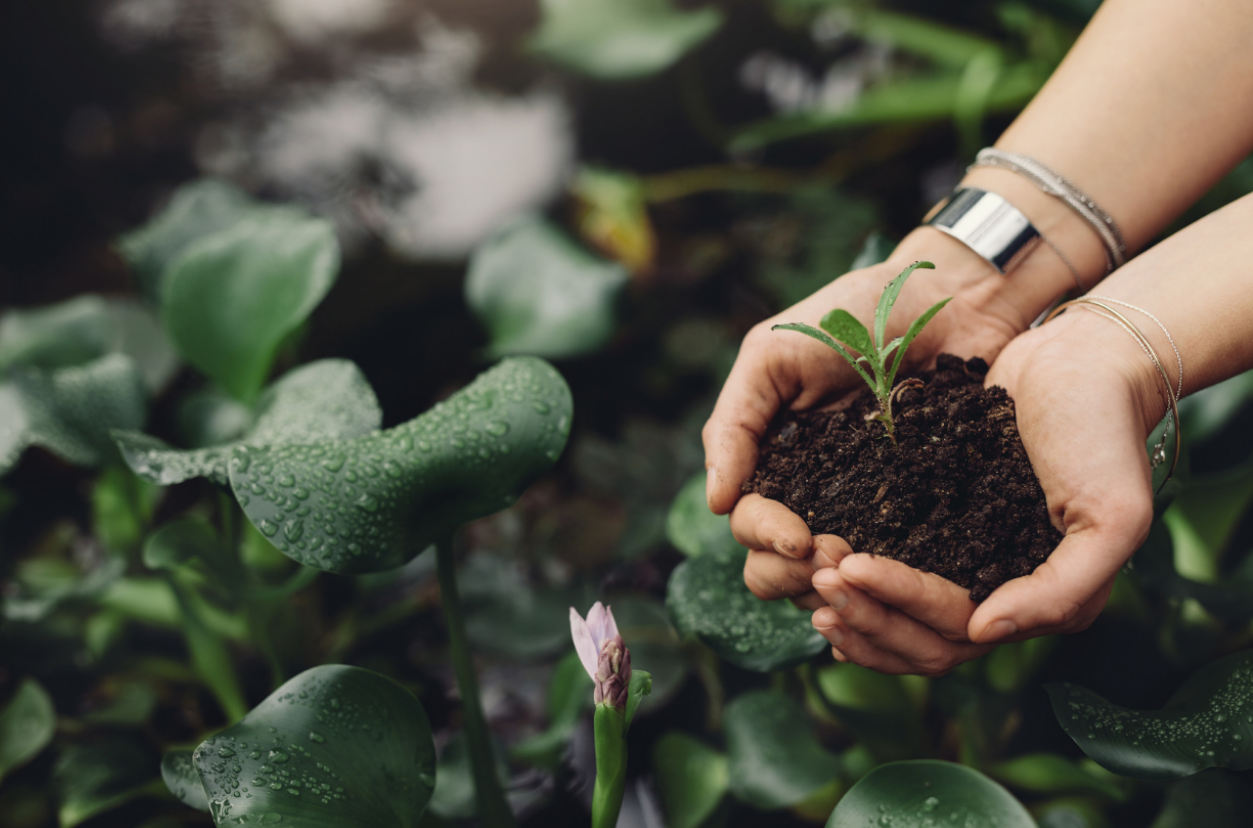What is the Best Magnesium Fertilizer?
•Posted on October 08 2021

One of the best ways to elevate your home is by growing a beautiful, lush garden. Of course, for your garden to prosper, you need to supplement it with the proper nutrients.
One of the most important elements to look for when selecting a fertilizer is magnesium -- without magnesium, you can expect your plants to devolve quickly.
Here's a closer look at the role magnesium plays in plant life and how you can help keep your plants healthy.
The Role of Magnesium in Plant Life

Just like people, plants need food to live.
They make food through photosynthesis, a process that requires water, carbon dioxide and sunlight.
Photosynthesis occurs in chlorophyll, a green pigment that contains magnesium -- if plants don't have this nutrient, they cannot make the food they need to survive.
Magnesium also assists with the following functions:
- Cell division
- Protein formation
- Plant respiration
- Enzyme activation
- Metabolism
Without magnesium, plants cannot carry out many essential processes.
Symptoms of Magnesium Deficiency
While any plant can suffer from a magnesium deficiency, this problem is most commonly found among plants grown on light, sandy soils.
It can also be caused by using a fertilizer that's rich in potassium (which can overpower magnesium).
Another factor to consider is the type of plant -- some plants, such as tomatoes, apples and roses, are more susceptible to magnesium deficiencies than others.
Whatever the reason is for a magnesium deficiency, the result is always the same: poor plant growth.

A lack of magnesium typically results in the following:
-
Interveinal chlorosis: A condition in which leaves turn yellow while their veins remain green.
-
Changes in leaf margins: The margins of leaves may turn reddish-brown or even purple.
-
Leaf necrosis: This occurs when leaves, stems and other plant parts begin to wilt.
-
Carbon and nitrogen deficiencies: An insufficient amount of magnesium has been linked to poor carbon and nitrogen metabolism.
If the nutritional deficiency is not addressed, plant growth will slow down and the plant will eventually die.
Preventing Magnesium Deficiencies
If you suspect that your plants are suffering from a magnesium deficiency, then it's time to invest in a magnesium-rich fertilizer.
By enriching soil with this nutrient, fertilizers can correct growth problems and even prevent deficiencies from occurring in the first place.
There are three main types of magnesium rich fertilizers to look out for:
-
Magnesium Nitrate & Magnesium Oxide: Magnesium oxide combines magnesium and oxygen to promote plant growth.
-
Calcium magnesium: This supplement provides magnesium to assist with photosynthesis, as well as calcium to strengthen plant cell walls.
-
Epsom salt for plants: Epsom salt, also known as magnesium sulfate, provides magnesium, oxygen and sulfur to keep plants healthy.
Along with a high amount of magnesium, your fertilizer should contain nutrients such as nitrogen, phosphorous and potassium.
Find Your Fertilizer Today
If you're looking for a fertilizer that's rich in magnesium, you've found it. We offer a wide range of nutritional fertilizers, including:
- Cal Mag Plus 2-0-0 Concentrate (1.2% magnesium)
- Magnesium Nitrate & Magnesium Oxide Formula 11-0-0 (9.6% magnesium)
- Azomite 0-0-0.2 (0.5% magnesium)
- Sulfate of Potash Magnesia (K-Mag) 0-0-21.5 (10.5% magnesium)
- Dolomite (11.8% magnesium)
- Epsom Salt (magnesium sulfate)
Our high-quality, magnesium-filled fertilizers are designed to enrich your plants with the nutrients they need to thrive.
Keep your garden happy and healthy and shop our magnesium fertilizers below!
Related Posts:
- What is the Best Calcium Fertilizer?
- What is the Best Herb Fertilizer?
- What is the Best Tomato Fertilizer?
Comments
0 Comments
Leave a Comment